The article was called A Link in the Chain by Steve Sinclair and it had first been published by the Valley Morning Star. It was about the Intracoastal Waterway, and if any subject ever deserved to have the muck raked, this is one. Since Steve's last name is Sinclair, I imagined him the direct descendant of Upton and anticipated hearing it blasted with both barrels.
Alas, no. There apparently had been no news about the intracoastal waterway; this was only a puff piece promoted by Bill Summers "president and CEO of Rio Grande Valley Partnership, which promotes economic development in the Valley."
It has been years since I had a lawsuit involving the intracoastal waterway. An environmental group hired me to file a lawsuit to get an environmental impact statement. My only source of information is this old lawsuit, so I hope that if something has changed and everything is fixed now, someone one will clear this up.
I doubt it though, Summers is quoted as saying, "The waterway is very, very important to the Valley. Gasoline is shipped to the Valley, raw sugar is shipped out and sand for concrete for concrete is brought in."
This part leads me to think may be things probably have not improved.
Summers then says, "If those things didn't go down the waterway, they would go down the highway. It's a lot cheaper and more beneficial this way."
This part is most likely untrue.
This was the hustle:
The Army Corps of Engineers would dig out a 12 foot deep channel clear down the middle of the bay. The manner of digging it is a machine that sucks the mud out of the ground and sprays it into the water. The cloudy water kills shrimp hatchings and wrecks the shrimp industry. It is also nasty for various tourist activities.
There is a less destructive way to dig a channel involving putting the mud on barges and moving it out, but this was not done, because it was too expensive.
The mud would soon slide back into the channel, so the mud spraying into the bay had to be almost constant to keep the channel clear.
About the only company that used the intracoastal waterway was a group called Hollywood Marine. It was owned to a large extent by a prominent Republican operative in Houston. Hollywood Marine was the subject of a 1981 Supreme Court denial of cert in which Justice Rehnquist dissented. He described the underlying incident as follows:
On August 5, 1976, a barge owned by petitioner discharged over 2,000 gallons of oil into the Intracoastal Waterway in Texas. The spill occurred as a result of damage sustained by the barge while it was under the control of a tugboat operator. The spill was cleaned up by the Coast Guard at a total cost to the United States of $61,816.85.
Hollywood Marine sold in 1999 to Kirby Corp. for $325 million.
Hollywood Marine would haul gasoline to the Valley by barge, thereby avoiding the cost of using the pipeline all the other gas companies had to use.
It would then, about the time the burning fields of old sugar cane were causing children to have asthma all over the Valley (ask your child's allergist about this one), ship loads of cane back on the barges.
Why didn't Hollymarine simply ship in the Gulf instead of the intracoastal waterway? Gulf transport requires double-hulled vessels to prevent spills. Transport in the intracoastal waterway permitted single-hulled vessels that were obsolete and viewed as dangerous in other locations.
This whole dangerous, environmentally harmful, boondoggle was supported by the Port of Harlingen which at time had approximately 1 1/2 employees and served only Hollywood Marine.
Apparently from Mr. Sinclair's article and the website, the Port of Harlingen has more customers now, but at that time, both the Port and the intracoastal waterway was an indirect subsidy for a politically stout company to keep it from using double hulled vessels.
Mr. Sinclair, I'll bet if you dig around a bit, there is a lot more story still there. Do your namesake proud: dig in.















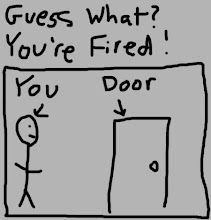
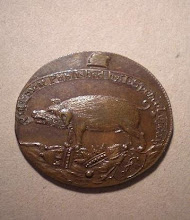









_-_Dante_And_Virgil_In_Hell_(1850).jpg)



















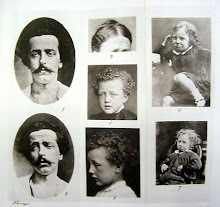



















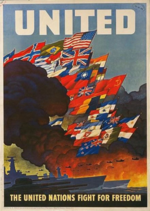


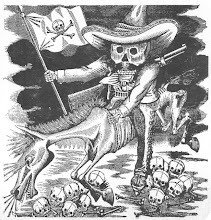












3 comments:
It does my heart good to see you using a Molly quote as a headline. You're coming around, Ed. Perhaps that long held resentment is eroding a bit?
Just about gone, Thank you. Confession, penance, redemption.
I do not get the press - seveeral weeks ago they did a similar piece which made it look like SPI is a hot place for real estate - it is not - in many ares 50% of the homes are for sale - the real estate market has colapsed on SPI - but as I like to say "nothing is as it appears to be." you will never get to the truth until you ask probing questions.
Post a Comment